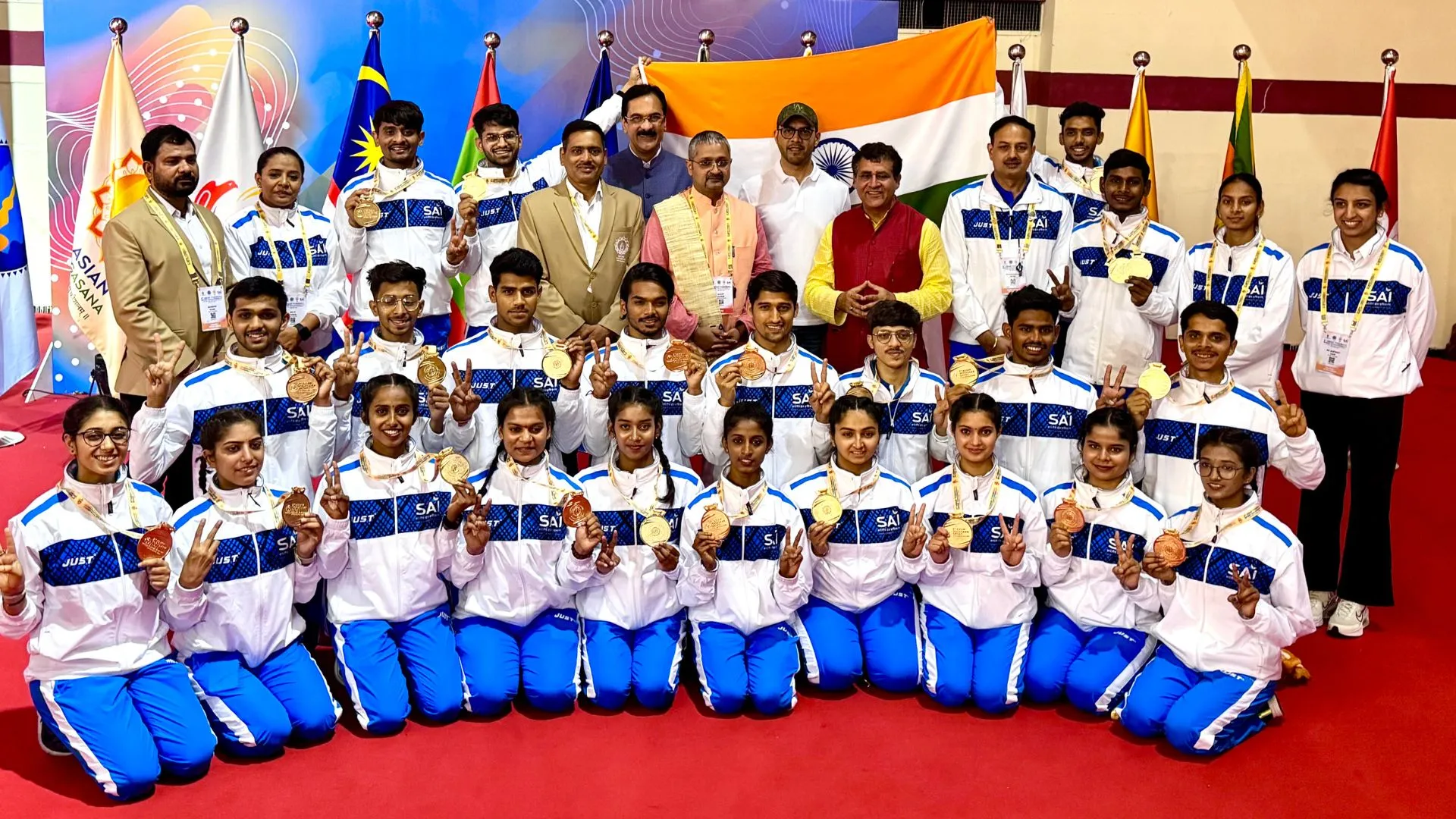The British-Hindu community in the United Kingdom has lodged a forceful protest against the Oxford Union’s planned debate on Kashmir’s independence, set for November 14. Titled “This House Believes in The Independent State of Kashmir,” the event has sparked widespread criticism from Indian community groups, with INSIGHT UK at the forefront, arguing that the discussion risks legitimizing violence and extremism. INSIGHT UK, which represents British Hindus and the broader Indian diaspora, expressed strong concerns that such a debate could serve to “endorse violence and terrorism.”
Concerns Over Speakers Allegedly Linked to Extremist Groups
A primary source of contention is the Oxford Union’s decision to invite speakers associated with the Jammu and Kashmir Liberation Front (JKLF), a group with a history of advocating for Kashmir’s independence. INSIGHT UK highlighted its concerns in a formal letter, stating, “The decision by the Oxford Union to host a debate on the issue of Kashmir’s independence and to invite members of the Jammu and Kashmir Liberation Front (JKLF) as speakers is deeply troubling and warrants serious scrutiny. This debate not only undermines the principles of sovereignty and territorial integrity but also is tantamount to endorsing violence and terrorism.”
The group pointed specifically to invited speakers Muzzammil Ayyub Thakur and Zafar Khan, asserting that both have alleged links to groups promoting violent extremism under the guise of separatist movements. INSIGHT UK argued that the involvement of such speakers could cast a shadow over the debate, suggesting that the event could become a platform for views seen as threatening to India’s sovereignty and harmful to peace in the region.
Call for Academic Responsibility and Neutrality
INSIGHT UK underscored the need for educational institutions to maintain a balanced approach in facilitating discussions, while not providing a forum for extremist ideologies or undermining national sovereignty. The group stated, “This is a dangerous precedent to set,” cautioning that such events should not risk inflaming tensions or providing credibility to contentious agendas. It further argued that while academia should encourage diverse viewpoints, it must also ensure that its platforms are not misused in ways that could propagate harmful ideologies or destabilize international relations.
Filmmaker Vivek Agnihotri’s Response to Oxford Union Invitation
The Oxford Union’s invitation for this debate also drew criticism in September when filmmaker Vivek Agnihotri declined to participate, describing the topic as offensive to India’s sovereignty. Agnihotri took to social media, explaining his decision: “Your invitation to debate ‘The House Believes in an Independent State of Kashmir’ is a direct challenge to India’s sovereignty, and it is unacceptable to me. I find it not just obnoxious but offensive—not just to 1.4 billion Indians, but also as a humiliation of the hundreds of thousands of displaced indigenous Hindu victims of the Kashmir genocide of 1990.” He emphasized that until “hundreds of thousands of indigenous Kashmiri Hindus remain displaced from their homeland,” no debate could reasonably address Kashmir’s sovereignty.
Agnihotri’s stance resonated with many in the Indian community who share similar views, emphasizing the historical context and sensitivity of the Kashmir issue. For them, discussions around Kashmir’s sovereignty invoke the memories of those affected by conflict and displacement, and such topics, they argue, require careful handling to prevent exacerbating tensions or disrespecting those impacted by the region’s complex history.
Implications of the Debate on UK-India Relations
The controversy surrounding this debate highlights broader concerns about the impact such discussions could have on UK-India relations, especially within the context of the large British-Indian community’s stance. Some community members fear that the event could deepen misunderstandings or foster resentment, potentially straining diplomatic ties. INSIGHT UK’s response reflects a desire for the British-Hindu and Indian communities to have their perspectives considered in any discourse involving India’s territorial matters.
Ultimately, while academic platforms are valued for fostering open debate, INSIGHT UK and other British-Hindu community groups have underscored that certain topics require nuanced understanding and respect for national sovereignty, especially in light of sensitive historical contexts like Kashmir. The debate, they argue, risks not only academic neutrality but also the peace and stability that both the UK and India strive to maintain.






















